Team
Presentation Slides
Report
A report of this project is available up on request. Please contact us.
Summary
The two major components of logistics costs are inventory and transportation; whose interaction affects the total cost of logistic activities. Unfortunately, the goals of one function, such as inventory management, are often achieved at the expense of another function, such as inbound transportation. Recently, due to the overemphasis on inventory reduction it is often the case that transportation efficiency has deteriorated to unacceptable levels.
One reason for this poor coordination is the lack of appropriate performance measures for transportation activities, which prevents companies from improving transportation efficiency. Thus the objective of the present research is to look for appropriate measures to serve as the basis for continuous improvement systems in inbound transportation activities. The metrics being sought should be easy to obtain and exhibit some of the properties associated with efficient metrics and statistical estimators such as unbiasedness and low variability. At the same time these metrics should be independent of the products carried or the geographical dispersion of their suppliers. Alongside the efficiency metrics, other continuous improvements tools are developed and implemented in this thesis. These tools include control charts and action plans to continuously monitor the performance of the inbound transportation systems. These tools help management detect any deterioration of the system performance and identify which aspects of the system need to be changed or improved. The practical application of the measures and monitoring tools is demonstrated through the implementation and development of a case study, performed at the plant of the industry partner for this research. Some of the results are presented in the next Figure:
Figure 1. Transportation performance using information from the case study
Comments are closed.

